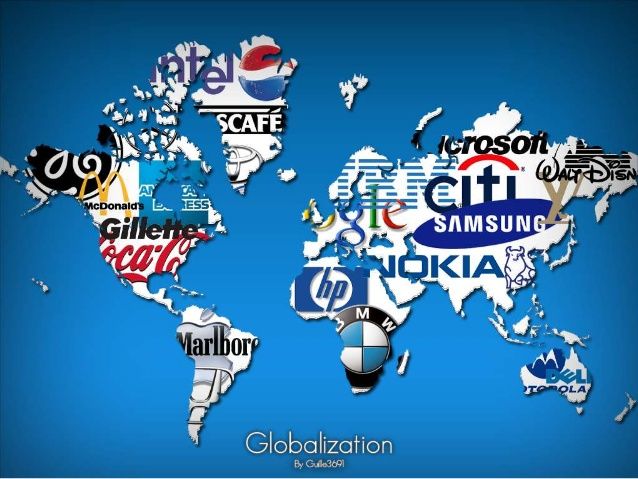Globalisation And The World
May 12, 2019 • 4 views
Globalisation is not a mere economic change thrust upon the world, but also has the underpinnings of a much deeper, and the less visible, but equally important socio-cultural impact on society. The global and the local, are not as we understand the opposing ends of a spectrum, but rather help to form a more connected world that celebrates cultural intermixing and maintaining cultural heritage alike. A simple example would be McDonald’s, which serves the vegetarian aloo tikki burger only in India, wherein the local appropriates the global to become localised.

. These boundaries are both social and spatial – they define who belongs to a place and even who may be excluded, which produces an immediate and lasting social hierarchy. The concept of neoliberalism has also contributed to promotion of privatising public spaces, which makes money the main motive of any institution of the twenty first century, increasing the presence of exclusion in terms of money and capital in society.
It is these interconnections that have paved the path for a more fluid and flexible world, which is constantly evolving and wiping primitive boundaries that were originally set to cause societal divide. A deeper understanding of these interconnections and flows of movement provides a multidimensional, relational means of understanding the cultural complexities that we all unconsciously live with. Only a conscious acceptance of the very differences that make us unique will prove to be an important marker for tolerance as well as a reliable indicator for the betterment of society.
